Vice president of China's top court probed for graft
Updated: 2015-07-12 17:25
(Xinhua)
|
||||||||
|
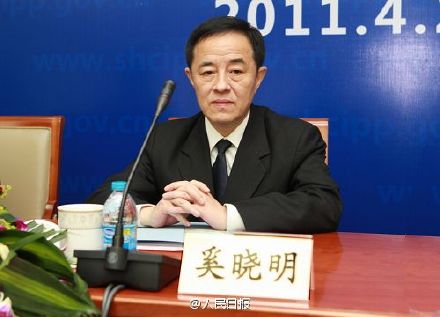 |
|
File photo of Xi Xiaoming. |
BEIJING - Xi Xiaoming, vice president of the Supreme People's Court, has been probed for "serious violations of discipline and laws," said China's top anti-corruption body on Sunday.
Xi is also member of the top court's leading Party members' group, said the Central Commission for Discipline Inspection of the Communist Party of China in a statement.
Related reading:
CCDI sends graft-busters to 26 State organizations
Updated: 2015-07-08
The top anti-corruption authority has placed inspectors in 26 State agencies and State-owned enterprises as it launches the second round of this year's disciplinary tours.
The Central Commission for Discipline Inspection announced the move on its website on Wednesday and posted details.
The organizations under scrutiny include the State Council's Taiwan Affairs Office and China Resources Corp, ranked number 143 in the Fortune Global 500 list of the world's top corporations as measured by revenue.
The inspectors will be stationed in the offices of the organizations for two months to receive tipoffs and reports of misbehavior by senior officials or business executives, the commission said.
The aim is to identify anyone involved in corruption, using undesirable working practices, violating political discipline or malpractice over promotions.
A hotline and a special post box have been set up at each of the agencies and enterprises to receive evidence or other information.
Heads of the agencies and enterprises are said to have expressed their confidence in the efficiency of the commission's procedures, according to reports of their speeches published by the CCDI.
Zhang Zhijun, head of the Taiwan Affairs Office, said his office will do its utmost to assist the inspectors and ensure that their work is carried out effectively.
"The inspection is just an overall examination of our office that will help us to detect problems and prescribe medicine for us to root out corruption," he said.
The inspection teams were set up in 2003, with personnel drawn from the CCDI and the Party's Organization Department.
They are authorized to consult files and records and receive petitions and letters containing allegations of corruption from members of the public.
The profile of the mechanism rose in late 2012 when the central leadership initiated a sweeping anti-corruption campaign.
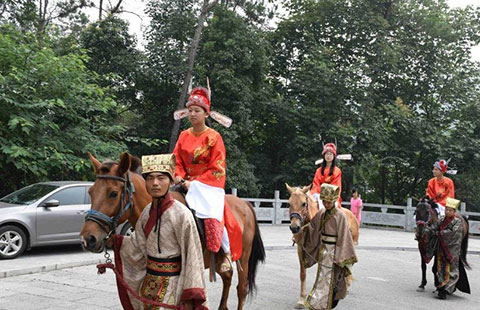
 Top gaokao scholars saddle up for a ride in the park
Top gaokao scholars saddle up for a ride in the park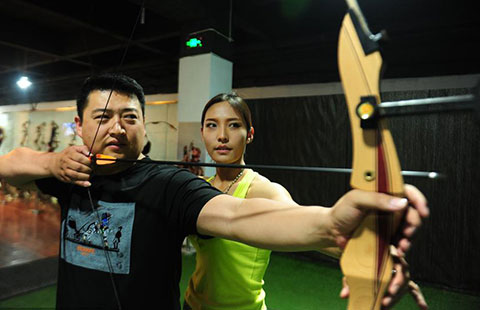
 Girl who shoots straight with bow and arrow
Girl who shoots straight with bow and arrow
 Ten photos you don't wanna miss - July 10
Ten photos you don't wanna miss - July 10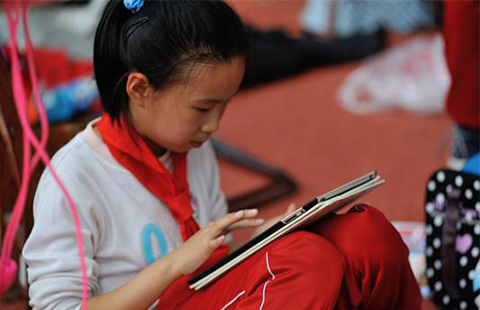
 Forum Trends: Should we pay children to study?
Forum Trends: Should we pay children to study?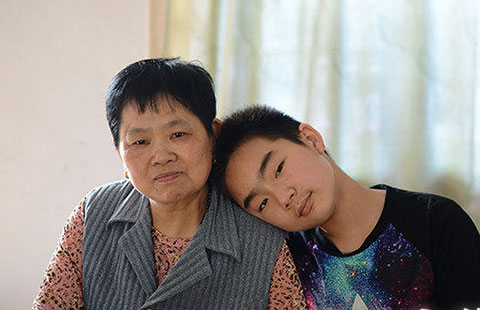
 Bereaved seniors turn attention to grandchildren
Bereaved seniors turn attention to grandchildren
 Unusual but true: sleep in a transparent glass room clinging to cliff
Unusual but true: sleep in a transparent glass room clinging to cliff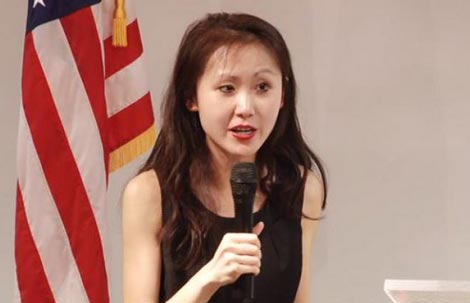
 24-year-old ethnic Chinese girl runs for US Congress
24-year-old ethnic Chinese girl runs for US Congress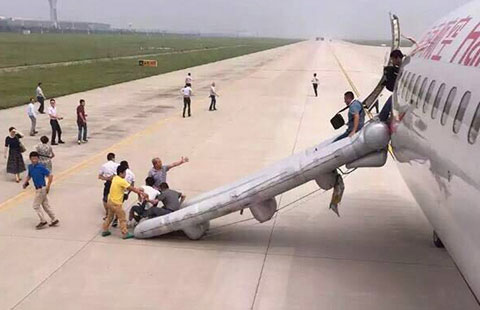
 Plane makes emergency landing after fire
Plane makes emergency landing after fire
Most Viewed
Editor's Picks

|

|

|

|

|

|
Today's Top News
Leaders agree on partnership blueprint
New Development Bank launched in Ufa
IMF keeps 6.8% China growth view
Leaders agree on partnership blueprint
More tariffs on Chinese solar panels
Students study depression to raise suicide awareness
Official denial raises doubts over '40-year-old meat' story
Yuan hit by turmoil in the market
US Weekly

|

|






